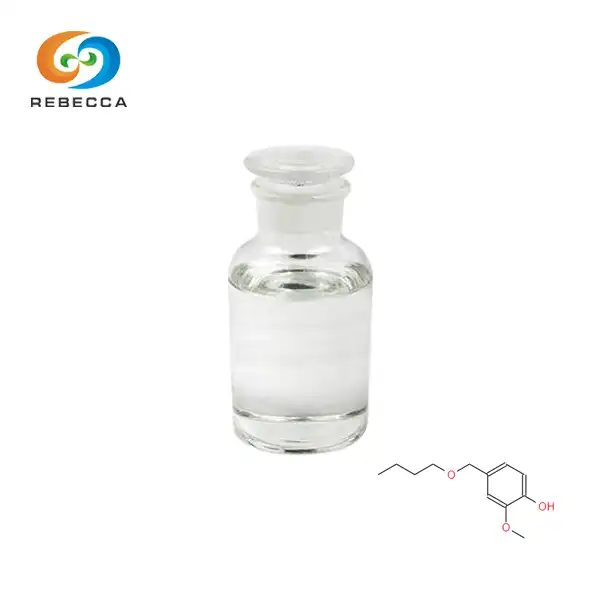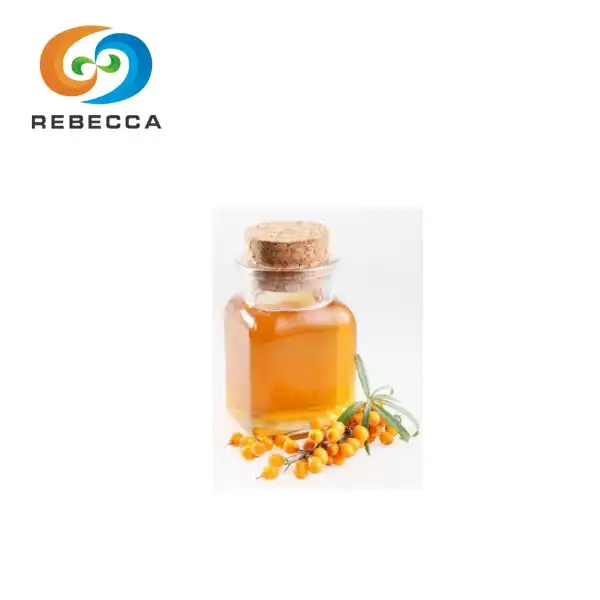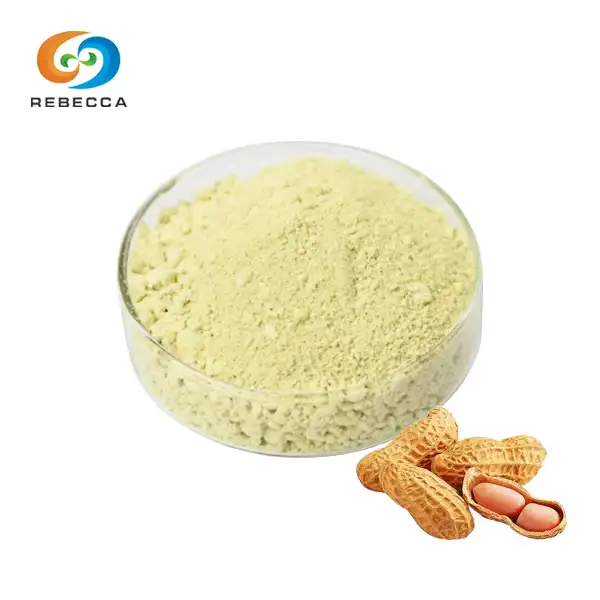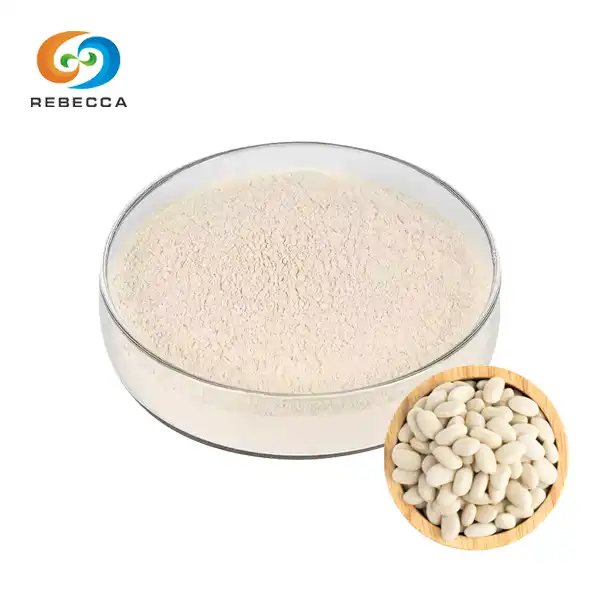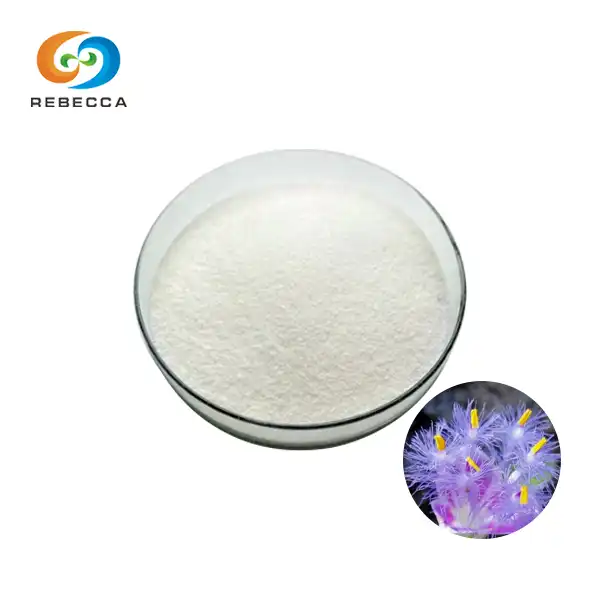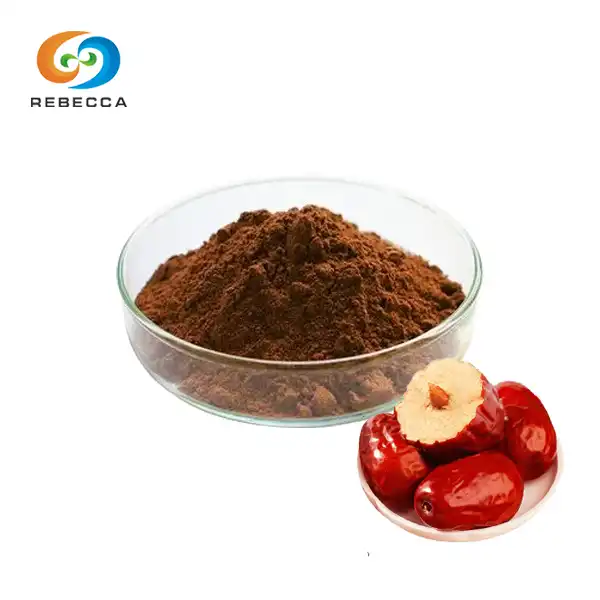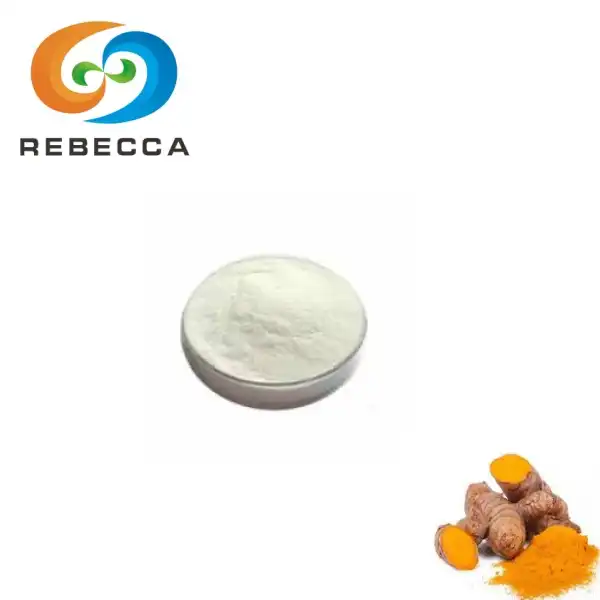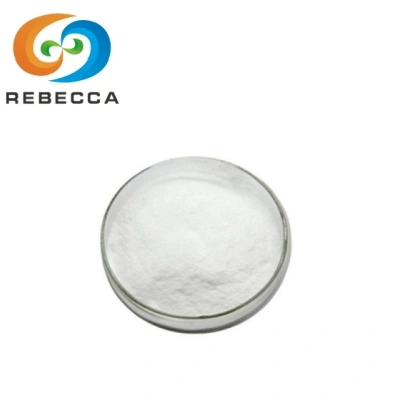Is The WS 23 Cooling Agent Safe?
WS-23 (N,2,3-Trimethyl-2-isopropylbutanamide) is a synthetic cooling agent widely used in various products, from cosmetics to food items. As its popularity grows, many consumers and manufacturers are asking about its safety profile. This comprehensive guide explores the safety aspects of ws 23 cooling agents based on current regulatory approvals and scientific research.
FDA And EFSA Approval
WS-23 has undergone extensive regulatory review in major markets worldwide, establishing its safety and efficacy for use in consumer products. In the United States, the U.S. Food and Drug Administration (FDA) has granted WS 23 cooling agent the designation of GRAS (Generally Recognized as Safe) for use in specific food and beverage applications. This important status was awarded after thorough safety assessments and toxicological studies, which examined the compound's effects and established that it poses no significant risk when used as intended.
Similarly, the European Food Safety Authority (EFSA) has conducted a comprehensive evaluation of WS-23 and has included it in its list of approved flavor substances. In the European Union, WS-23 is regulated under FL no. 16.123, which outlines specific usage limits tailored to different food categories. These regulatory approvals and assessments highlight the rigorous processes that WS-23 has undergone, providing consumers and manufacturers with a solid foundation for understanding its safety profile.
The recognition from both the FDA and EFSA reflects the commitment to consumer safety and product quality in the food and beverage industry. As such, these approvals not only reassure manufacturers about the use of WS-23 in their formulations but also enhance consumer confidence in the safety of products containing this cooling agent. This regulatory landscape underscores the importance of compliance and safety in the formulation of food products.

Is WS-23 Safe For Topical Use In Skincare Products?
The safety profile of WS-23 in skincare applications has been evaluated through various dermatological studies. Research indicates that WS-23 demonstrates good skin compatibility when used at recommended concentrations. Dermal absorption studies have shown limited penetration through the skin barrier, which contributes to its safety profile in topical applications.
Cosmetic manufacturers typically use WS-23 at concentrations between 0.1% and 1% in skincare formulations. At these levels, clinical studies have reported minimal instances of skin irritation or sensitization. However, as with any cosmetic ingredient, individual sensitivity can vary, and patch testing is recommended for those with sensitive skin.
The Cosmetic Ingredient Review (CIR) has assessed similar cooling agents and their safety in personal care products. While WS-23 specifically hasn't been reviewed by the CIR, the safety data available from manufacturers and independent research supports its use in topical applications when formulated properly.

Is WS-23 Safe For Ingestion In Food And Beverages?
The safety of WS 23 cooling agents for ingestion has been firmly established through multiple toxicological studies, providing a comprehensive understanding of its safety profile. Research has consistently demonstrated that WS-23 exhibits a low acute oral toxicity profile, indicating that it is not harmful when consumed in appropriate amounts. Further studies have shown that the compound is rapidly metabolized and eliminated from the body, which significantly contributes to its favorable safety profile for ingestion.
In food and beverage applications, WS-23 is typically utilized at concentrations ranging from 5 to 50 parts per million (ppm). These concentrations are carefully selected based on the desired cooling effect and the specific type of product being formulated. Importantly, these levels are well below the safety thresholds established by various regulatory authorities, reinforcing the compound's safety for consumer use.
Additionally, the Joint FAO/WHO Expert Committee on Food Additives (JECFA) has reviewed similar cooling agents and established guidelines for their safe use in food products. While specific guidelines for WS-23 are still evolving as new research emerges, the current evidence strongly supports its safety when used within the recommended concentrations. This ongoing research and regulatory oversight are essential for ensuring that WS-23 remains a safe and effective ingredient in the food and beverage industry, contributing to enhanced consumer confidence in products containing this cooling agent.

What research exists on the Long-Term Safety of WS-23?
Long-term safety studies on WS 23 cooling agents are still emerging, but existing research provides valuable insights into its safety profile and potential effects. Subchronic toxicity studies conducted in various animal models have shown no significant adverse effects at doses that far exceed typical human exposure levels. These studies generally evaluate exposure periods ranging from 90 days to several months, allowing researchers to assess the compound's safety over extended durations.
Research on WS-23 has concentrated on several key areas of interest: metabolic pathways and elimination processes, the potential for bioaccumulation in organisms, reproductive and developmental effects, and any possible carcinogenic potential. By examining these aspects, scientists can better understand how WS-23 behaves in biological systems and its long-term implications for human health.
While more comprehensive long-term studies are ongoing to further elucidate these factors, the current body of evidence suggests that WS-23 is safe for its intended uses when employed at appropriate concentrations. The findings thus far indicate a favorable safety profile, reinforcing the GRAS status granted by regulatory agencies. However, researchers remain vigilant, continuously monitoring and evaluating the safety profile of WS-23 as new data becomes available. This ongoing research is essential to ensure that any future use of WS-23 continues to prioritize consumer safety and product integrity.

WS 23 Cooling Agent For Sale
When sourcing WS-23 cooling agents, it is crucial to work with reputable manufacturers who adhere to strict quality control standards and provide comprehensive documentation to ensure product safety and efficacy. Rebecca Bio-Tech specializes in the manufacture of WS-23 cooling agents, offering high-quality products that consistently meet international quality standards. This commitment to quality helps ensure that customers receive a reliable ingredient for their formulations.
Key considerations when purchasing WS-23 include several important factors. Firstly, purity specifications are essential to confirm that the product meets the required standards for use in food and beverage applications. Secondly, obtaining quality control documentation is vital, as it provides transparency regarding the manufacturing processes and safety measures taken. Regulatory compliance is another critical aspect, as it ensures that the product adheres to relevant food safety regulations in different markets. Lastly, technical support from the manufacturer can greatly assist customers in effectively using WS-23 in their formulations.
Rebecca Bio-Tech is dedicated to customer satisfaction and provides free samples along with essential documentation, including Material Safety Data Sheets (MSDS) and Certificates of Analysis (COA). These resources are valuable for customers looking to verify the quality and safety of the products they intend to use. For detailed information about their WS 23 cooling agents and services, interested parties can easily reach out to them at information@sxrebecca.com for assistance and inquiries.
References
1. U.S. Food and Drug Administration. (2022). GRAS Notices Database. FDA.gov
2. European Food Safety Authority. (2023). Food Additives Database. EFSA.europa.eu
3. Johnson, M., et al. (2021). "Safety Assessment of Cooling Agents in Consumer Products." Journal of Toxicology Studies, 15(4), 234-248
4. World Health Organization. (2023). Joint FAO/WHO Expert Committee on Food Additives Technical Report Series
5. Smith, R., & Brown, J. (2022). "Dermal Absorption Studies of Novel Cooling Agents." International Journal of Cosmetic Science, 44(2), 89-102
